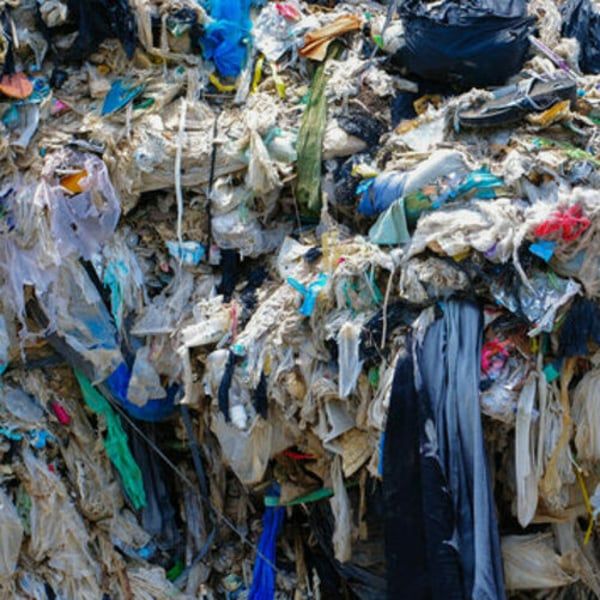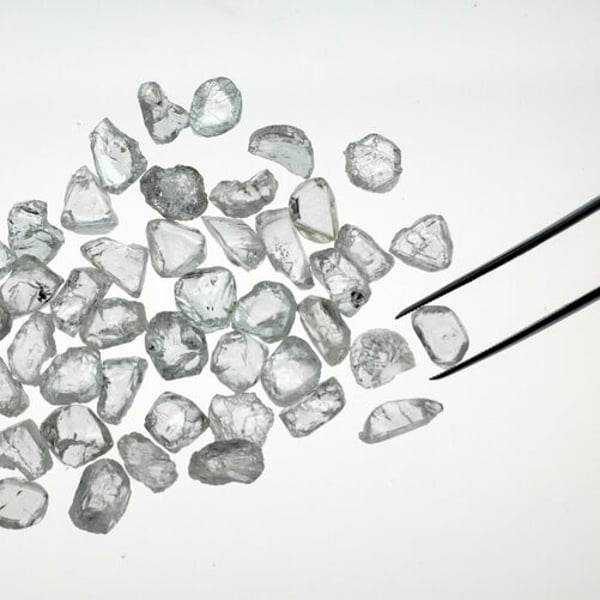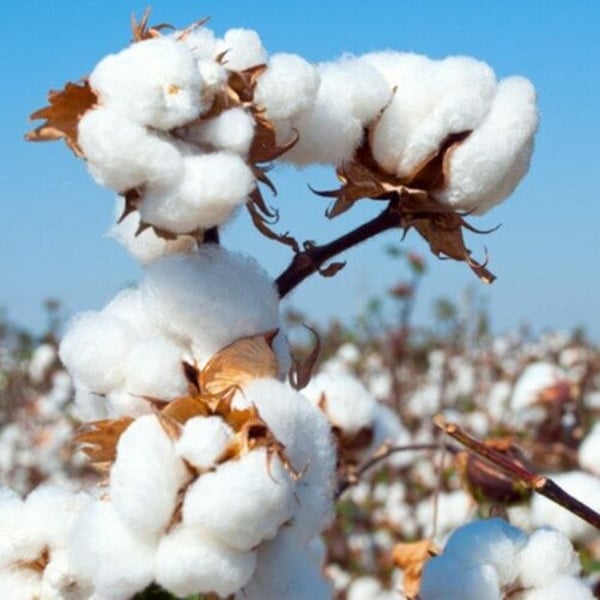By
AFP
Translated by
Nicola Mira
Published
November 28, 2024
Fast fashion has been threatening the French textile industry for decades, destroying jobs and causing unfair competition, according to a report published on Wednesday by the The Friends of the Earth NGO (part of the international Friends of the Earth network), which calls for “urgent legislative measures.”
Foreign fast fashion players began to pose a threat to the French textile industry as early as 1990, when the most famous names in the sector began to establish themselves in the country, the NGO states in the report. The Spanish Zara established itself in France in 1990, the Swedish H&M in 1998 and the Irish/United Kingdom Primark in 2013, followed by the disruptive arrival of Asian online fashion sales giants such as Shein in 2015 and Temu in 2023.
But the fast fashion business model, with production moved to Southeast Asia, was operational as early as the 1980s and “began to peak with the end of multi-fiber agreements between 2005 and 2008,” the NGO said.
International trade agreements that established import quotas for textile products in Europe and the United States, to protect local manufacturers from competition from low-wage countries, effectively ended in 2005, leaving the door open to textiles of Asian origin. .
Since 1990, “almost 300,000 jobs” have been lost in the French textile industry, according to the NGO, which cited figures based on data from the national statistics office INSEE, the environmental advisory agency ADEME and the national e-commerce association. Fevad.
Although “in less than 40 years” the amount of clothing consumed has doubled, this has not benefited the local industry, says the NGO, which considers that fast fashion players create “unfair competition” for the rest of the sector. .
“In 2023, the turnover of clothing and footwear retailers in France was barely higher than in 2016, while the revenue of brands such as Zara and Primark recorded increases of 70% and 116% respectively,” the NGO stated.
Copyright © 2024 AFP. All rights reserved. All information displayed in this section (submissions, photographs, logos) are protected by intellectual property rights owned by Agence France-Presse. Consequently, you may not copy, reproduce, modify, transmit, publish, display or commercially exploit in any way the content of this section without the prior written consent of Agence France-Presses.










